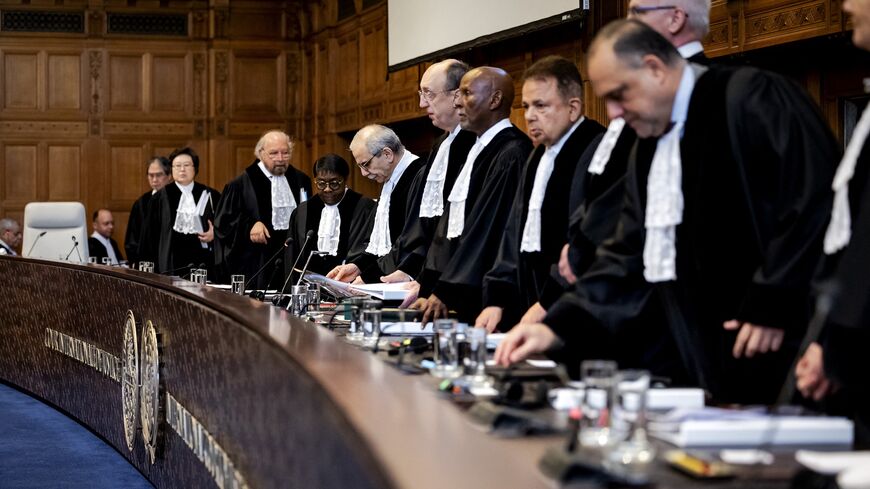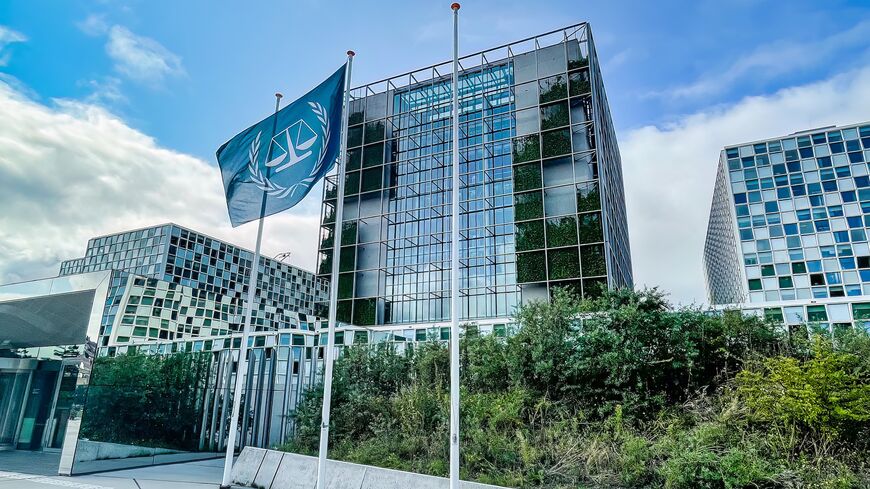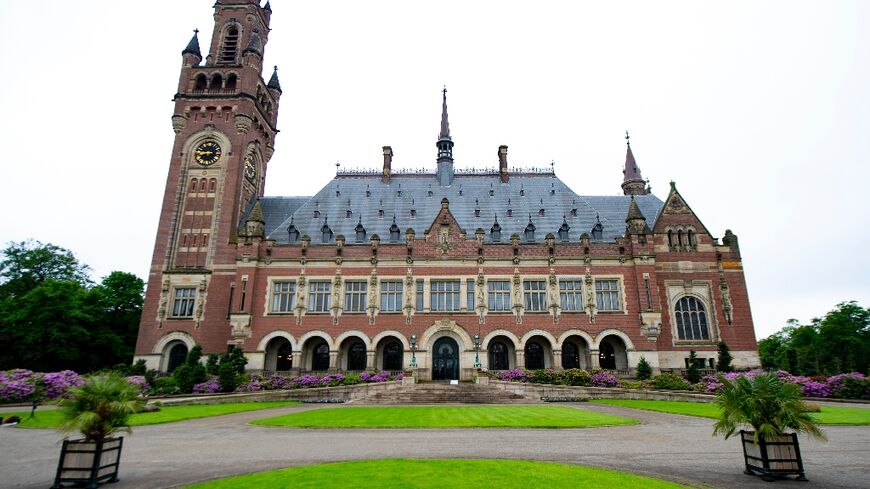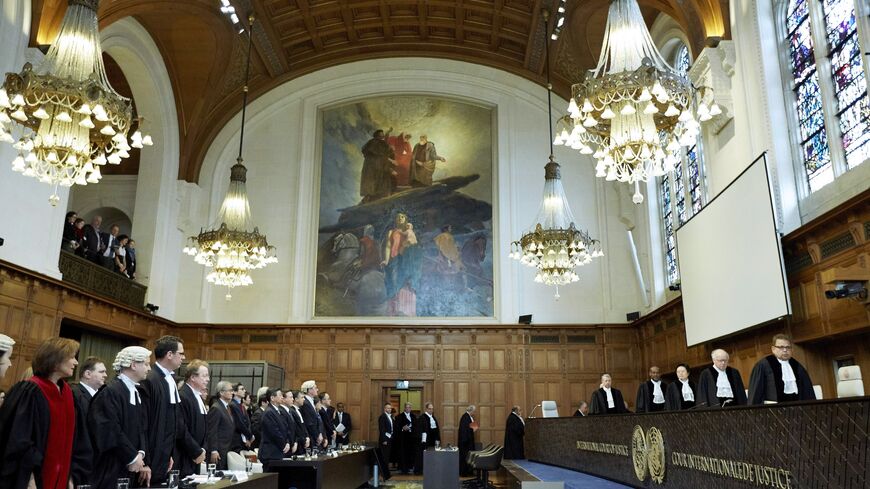ICJ orders Israel to 'immediately halt' military operations in Rafah
The Hague-based International Court of Justice accepted part of a request by South Africa in issuing its order.
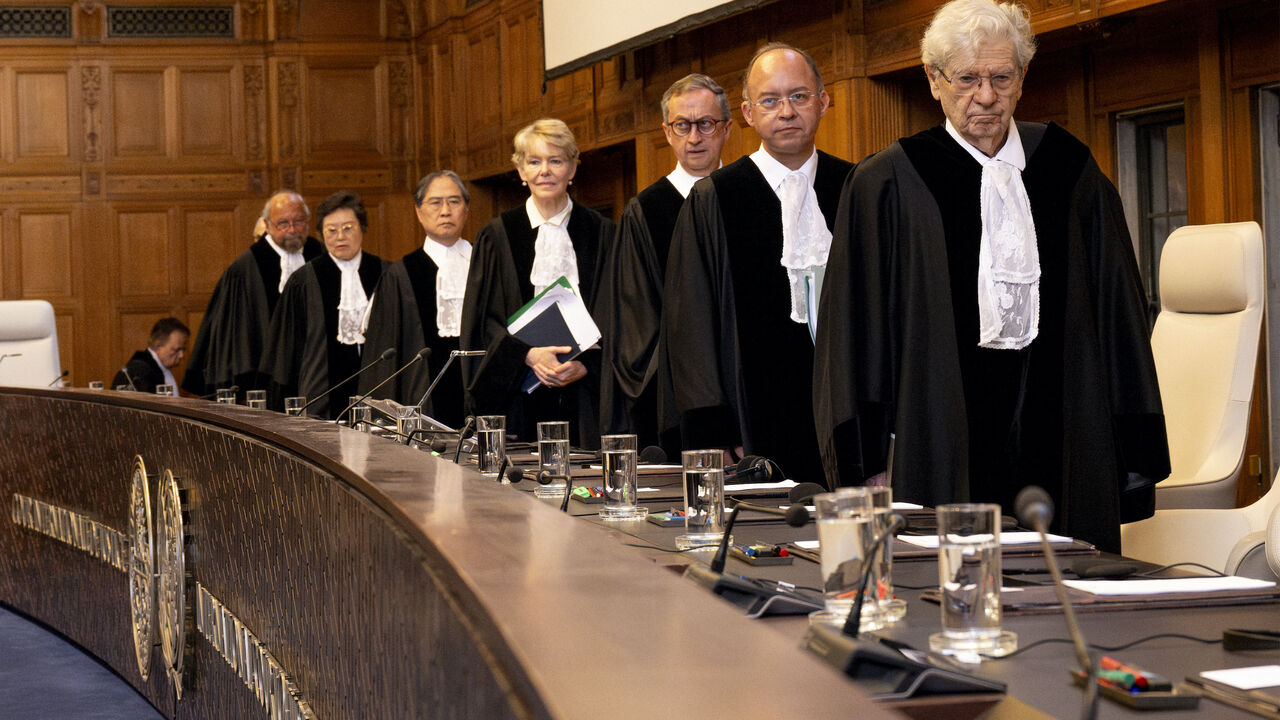
The International Court of Justice at The Hague on Friday ordered Israel to halt its military operations in Rafah in response to a request by South Africa for provisional measures to protect the Palestinian population in Gaza.
“Israel must immediately halt its military offensive and any other action in the Rafah governorate," the court's ruling read. The court also ruled that Israel must open the Rafah crossing for humanitarian aid, provide "unimpeded" access to the Gaza Strip by investigators and submit a report within a month on the measures taken.
ICJ President Nawaf Salam said that provisional measures issued in March did not address the current situation and that the court was not convinced that Israel’s evacuation efforts in Gaza were "sufficient to alleviate the immense risk which the Palestinian population is exposed to as a result of the military offensive in Rafah."
Salam said all measures of the order were agreed upon by a vote of 13-2. The dissenting votes were by Julia Sebutinde, Uganda’s ICJ representative, and Aharon Barak, a retired Israeli Supreme Court president whom Israel appointed to the ICJ panel.
In issuing the order, which is legally binding but lacks an enforcement mechanism, the ICJ accepted part of a South African request submitted May 10. The Israeli military had entered eastern Rafah on May 7 and taken control of the Rafah crossing on the border with Egypt.
South Africa asked that the court order Israel to halt all its military operations in Gaza, not only in Rafah, citing the growing humanitarian crisis and allegations that Israel is purposely killing Palestinian civilians, including by starvation.
The ICJ held hearings on the issue last Thursday and Friday, with South Africa presenting its request on the first day and Israel responding on the second day. After the Israeli response, the panel of justices asked Israel to submit, within a day, a written assessment on the humanitarian situation in Gaza and on what it is doing to protect displaced civilians in Rafah who had been instructed to move to safe zones near the coastline. Some 1.4 million Palestinians displaced in the conflict have ended up in the southern border city.
Case launched in December
South Africa's May 10 request followed a claim submitted to the ICJ by Pretoria in late December, requesting that the court investigate whether Israel was committing genocidal acts in Gaza. It asked, in addition, for provisional measures ordering Israel to stop the military offensive it had launched on Oct. 27 in response to the Oct. 7 Hamas assault in southern Israel.
The ICJ rejected Pretoria’s request to order Israel to halt military operations, calling instead for it to respect the Genocide Convention of 1948, stop and bring to justice Israelis inciting to kill Palestinians in Gaza, and allow necessary humanitarian aid to enter Gaza. The ICJ ruled similarly last March on a second request by Pretoria for provisional measures to halt Israeli military operations in the Palestinian enclave.
The investigation launched by South Africa's initial complaint on possible genocide remains ongoing. It could take several more months before a ruling is issued.
What’s next?
Israeli Prime Minister Benjamin Netanyahu has said on several occasions that he will not stop the military operation in Gaza until Hamas' military and governing capabilities are completely destroyed, regardless of what international courts say. He was referring not only to the ICJ but also to the International Criminal Court, also in The Hague. Earlier this week, the ICC's chief prosecutor, Karim Khan, announced that he has requested the court to issue arrest warrants for Hamas leaders Yahya Sinwar, Mohammed Deif and Ismail Haniyeh as well as Netanyahu and Israeli Defense Minister Yoav Gallant.
Shortly after the decision was announced, Netanyahu spoke by phone with several members of his cabinet to decide how Israel will react to the ruling.
Israel fears that following Friday’s decision by the ICJ, European countries will start adopting sanctions against it. Such measures might include halting the export of weapons and military equipment to Israel, blacklisting extremist settlers and far-right politicians, reexamining the European Union's association agreement with Israel—the legal framework for their relations—and banning scientific and academic cooperation.
This is a breaking news story and has been updated.



